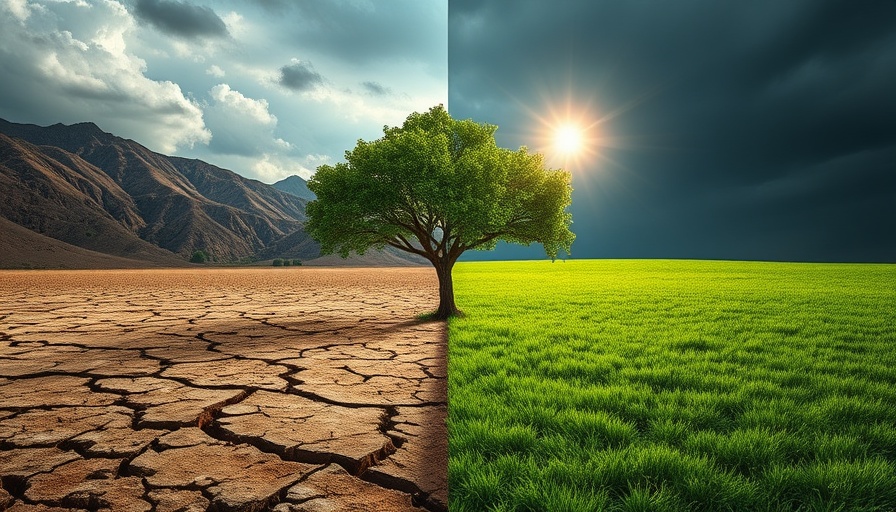
Understanding the Roots of Climate Change
Climate change is no longer a distant concern for future generations; it is a pressing issue that has far-reaching implications for our planet and our well-being. Despite some skeptics questioning the validity of climate science, the overwhelming majority of scientific evidence points to human activity as the main driver of recent climate change. At its core, climate change stems from the greenhouse gases (GHGs) that we release into the atmosphere through industrial processes, energy production, and transportation.
The Role of Greenhouse Gases in Climate Change
Greenhouse gases include carbon dioxide (CO2), methane, nitrous oxide, and fluorinated gases. While we all know carbon dioxide as the primary culprit, it’s essential to recognize the different contributions of each gas to climate change. For instance, while methane is less prevalent, it has a much higher global warming potential, making it extremely potent in the short term. As urban homeowners and health-conscious consumers, understanding the significance of our carbon footprint is vital. We must consider how our daily choices contribute to these emissions.
Natural vs. Human Causes of Climate Variability
While natural processes such as volcanic eruptions and ocean currents have historically influenced climate variability, the swift changes we observe today are not solely due to these factors. Ice core samples reveal that atmospheric CO2 levels naturally fluctuated between 200-280 parts per million over the last 400,000 years. In contrast, human-induced emissions have skyrocketed to over 430 parts per million in just a few centuries.
Consequences of Climate Change for Our Everyday Lives
The effects of climate change are not abstract—they directly impact our lives. Fearful weather patterns, including more frequent heatwaves, torrential downpours, and soaring sea levels, pose significant risks to food security, health, and housing. As DIY enthusiasts and urban gardeners, we can make conscious decisions to mitigate these effects. Embracing eco-friendly living and gardening practices like composting and utilizing green energy not only cultivates a sustainable environment but also enriches our homes.
Climate Change Solutions You Can Implement Today
Addressing climate change might feel overwhelming, but everyone can contribute. Start with simple actions such as recycling household waste. A recycling center search could help you find local facilities for glass, metal, plastic, and even e-waste recycling. For those with green thumbs, consider establishing a compost area in your garden to reduce waste and enrich your soil while decreasing your carbon footprint.
Inspiring Actions Toward a Sustainable Future
As we learn more about climate change, it becomes increasingly clear that our actions have the power to drive substantial change. By adopting zero waste practices, we can foster a culture of environmental sustainability in our communities. Engaging in discussions about climate solutions can inspire others to join the movement towards a greener future. Remember to keep seeking ways to connect with nature, whether it’s through planned community gardening events or simply adding native plants to your home garden.
Looking Forward: A Call to Action
In this climate shift, we all must play a part. Whether by rethinking our consumption habits or participating in local clean-up efforts, there are myriad ways to make a positive impact. Challenge yourself to reduce your carbon footprint through lifestyle changes and community engagement.
The time for action is now. By understanding climate change and having the right tools at your disposal—like recycling guides and tips on reducing e-waste—we can foster a more sustainable world for ourselves and future generations. Let’s commit to turning our awareness into action.
 Add Row
Add Row  Add
Add 




 Add Row
Add Row  Add
Add 

Write A Comment